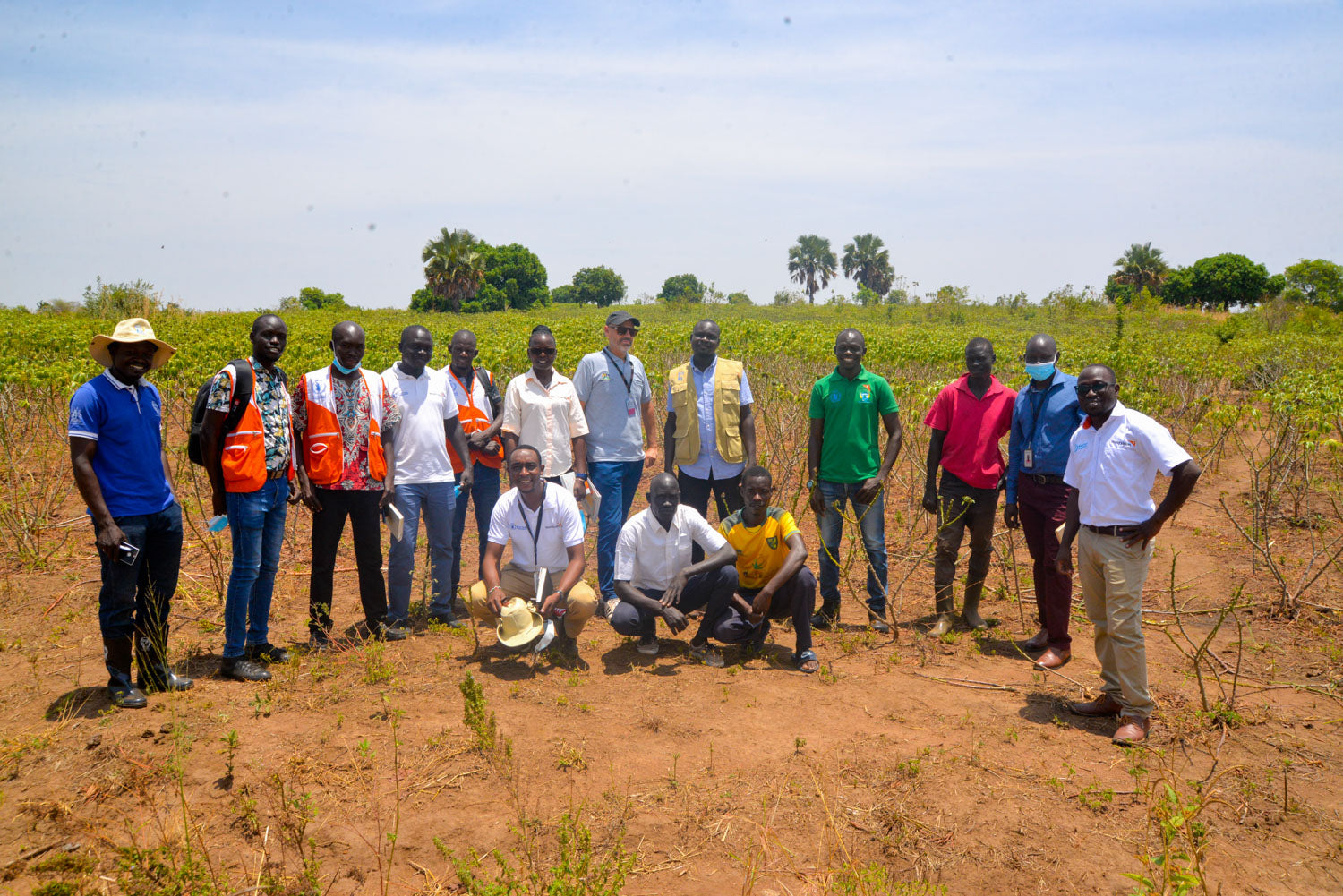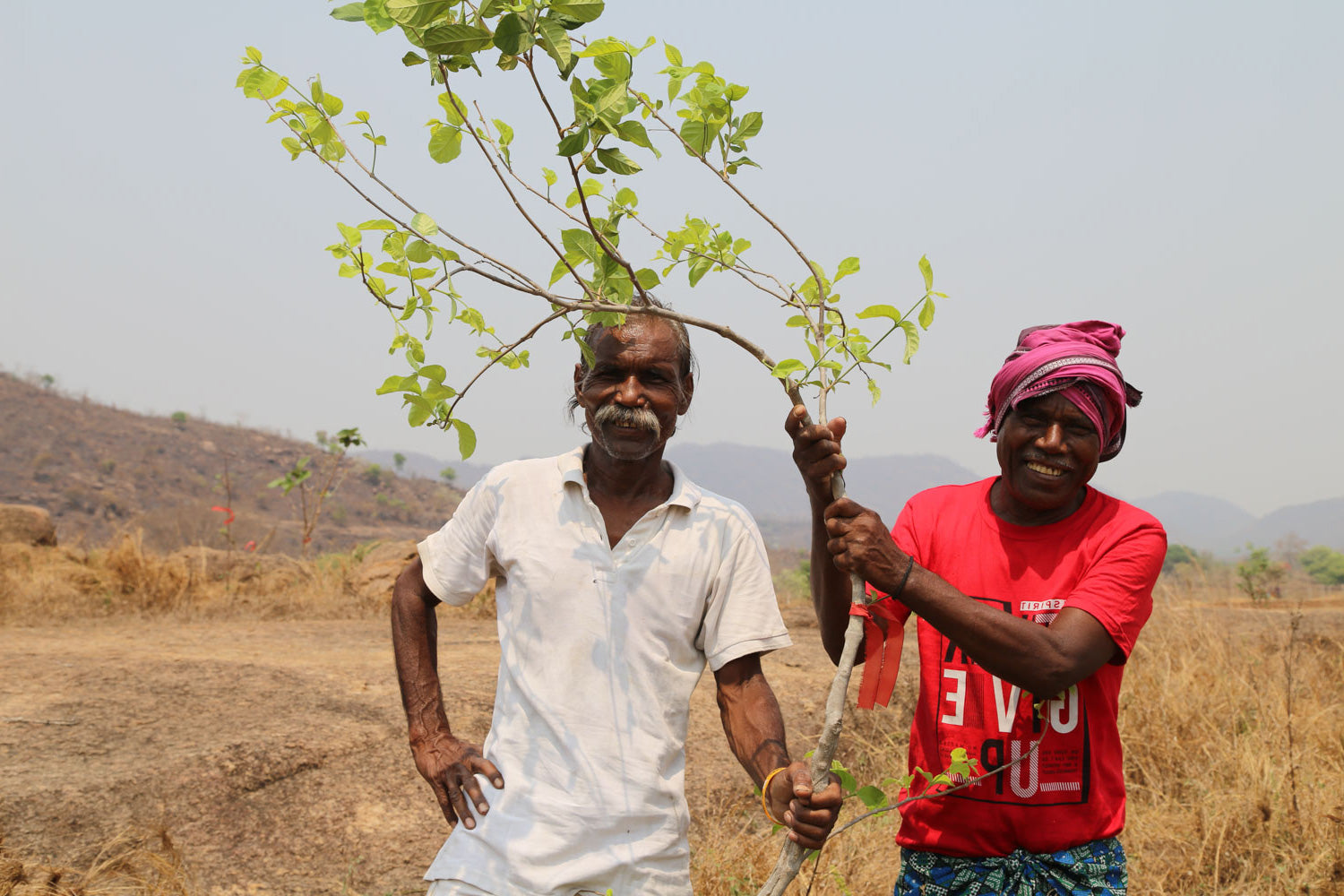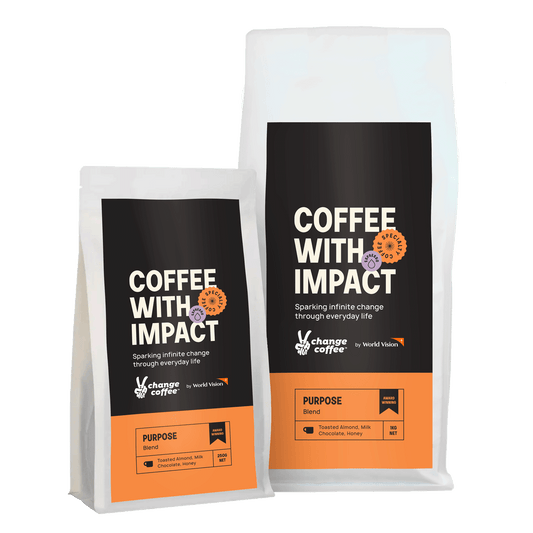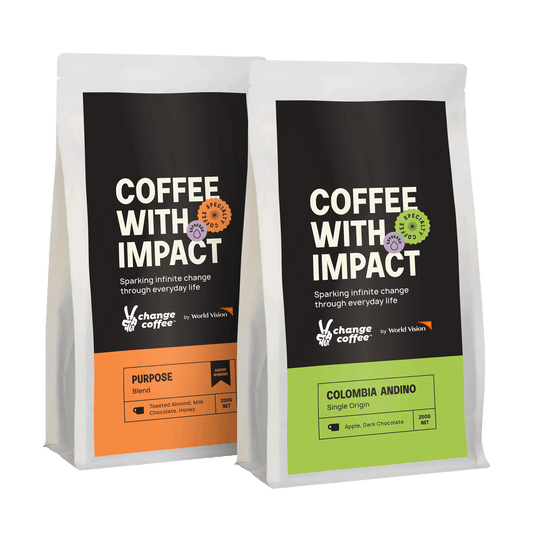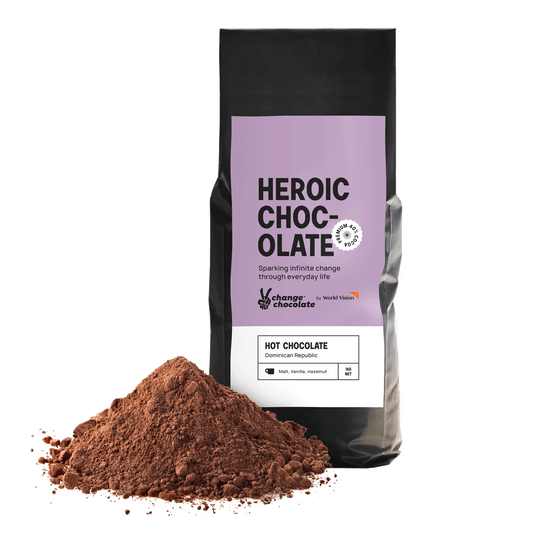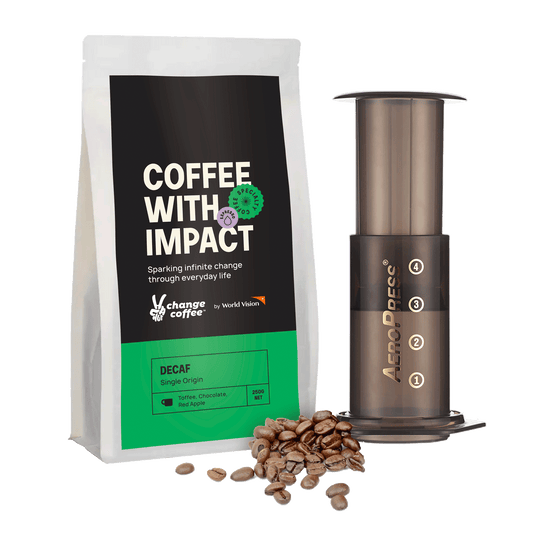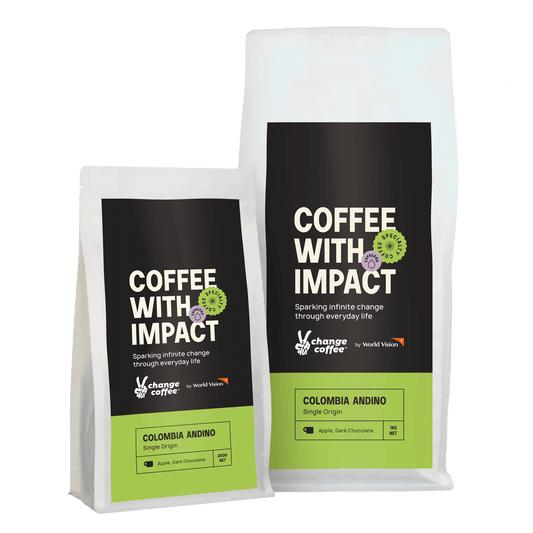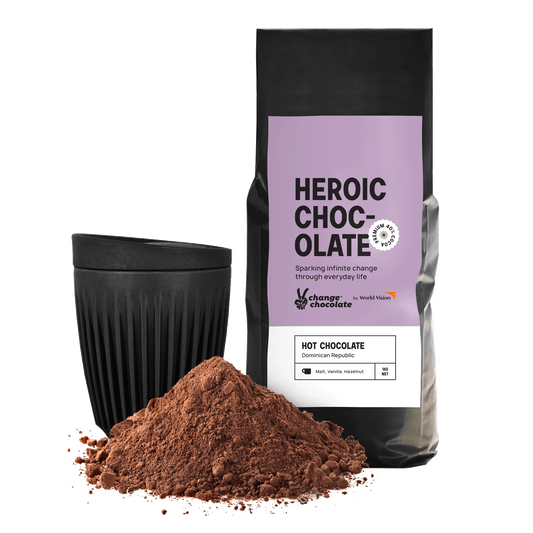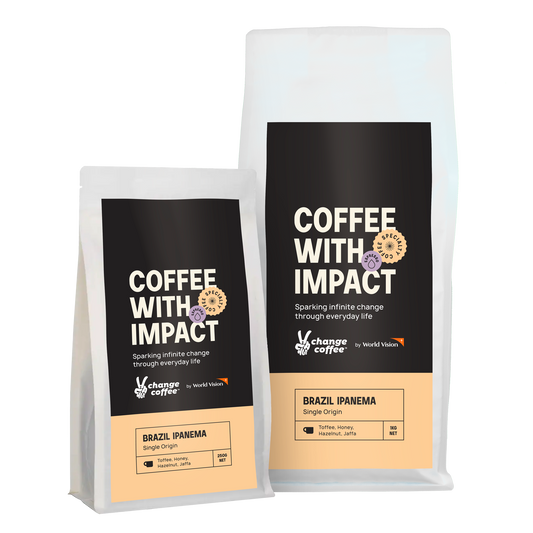
Origin: Colombia
Share
Regions throughout Colombia are very diverse and produce a variety of high-quality coffees.
Founded in 1980 and certified Fairtrade from 1995, the Central Cooperativa Indigena del Cauca (CENCOIC) is a cooperative union consisting of 13 producer organisations and 1639 members of which 500 are women. CENCOIC is part of the Regional Indigenous Council of Cauca (CRIC), an association of communities purposed to defend the rights of indigenous Colombians in the area. The four main principles they focus on protecting are; unity, land, culture and autonomy.
In Colombia's southwest on the Colombia Plateau, the Cauca region is situated 1200 to 2200 metres above sea level. It lies between the peaks of Tolima and Huila and facing west looking over the Pacific Ocean. This region has perfect conditions for growing coffee with its high elevations and rich volcanic soil. Being close to the equator the area has a steady climate all year, making it possible to source coffee from Colombia all year round. Many regions have two harvests each year – their main harvest and a fly crop. The neighbouring mountains protect the coffee from the humidity coming from the Pacific and trade winds from the southern part of Colombia.

History of Coffee in Colombia
In the late 1700s, coffee was first introduced to the northern part of Colombia. Although quite limited, commercial production and exporting begun in the early 1800s. Coffee plants spread from farm to farm right across the country throughout the 19th century but Colombia didn't establish itself as a significant coffee-growing country until the 20th century.
Today, Colombia produces over 11 million bags a year and is the third-largest exporter of coffee in the world. The outbreak of coffee leaf rust in the early 2010s severely impacted the country's yields. Production slowly recovered as the farmers implemented treatment/prevention techniques and as disease-resistant plants were developed and distributed.

Coffee Processing
A large proportion (over 80%) of the Cauca region is mountainous and the area allocated to coffee farming is surrounded by the Puracé volcano. The Colombian Massif covers large swathes of the Andes range in Colombia. The equatorial climate, the cool winds and volcanic soils in the Cauca region provide perfect conditions for growing their unique flavoured, high-quality coffee.
The coffee is picked and dried by the producers of each of CENCOIC's cooperatives. Dry parchment is then brought to CENCOIC's headquarters and sorted and processed at the organisation's coffee mill. Afterwards, the coffee is classified and sent for export.

Fairtrade Initiatives
Members of CENCOIC elect delegates of the general assembly every two years to govern the union. They are market leaders for Fairtrade coffee and are working to reduce the gap between powerful multi-national roasters and small coffee producers while bringing attention to the rich and diverse indigenous communities of Colombia. Overall coffee production has declined in Cauca in recent years, however, CENCOIC's production is increasing and helping to alter the lives of the indigenous peoples of the region.
CENCOIC have a comprehensive development plan for how to spend their Fairtrade premium, and the team is very committed and forward-looking. The union has also strengthened the social fabric of its indigenous communities by encouraging the continued survival of the customs of Colombia's native peoples.

Quality and productivity
Training in the management, production and maintenance of coffee cultivation is mandatory for CENCOIC's partners. In recent years, this has remarkably led to a 30% increase in yields. After this training project, producers have seen their income increase by 10%.
Environment
Environmental protection is important to the indigenous group that CENCOIC is part of. Water conservation practices established, help to reduce consumption. Analysis undertaken helps to improve understanding of the risk's producers experience in the face of climate change. Specific environmental safeguard regulations have been created by the union for its cooperatives. Each of CENCOIC's members is trained extensively in biodiversity techniques and land set aside to encourage biodiversity.

